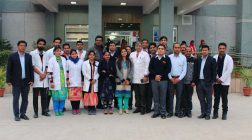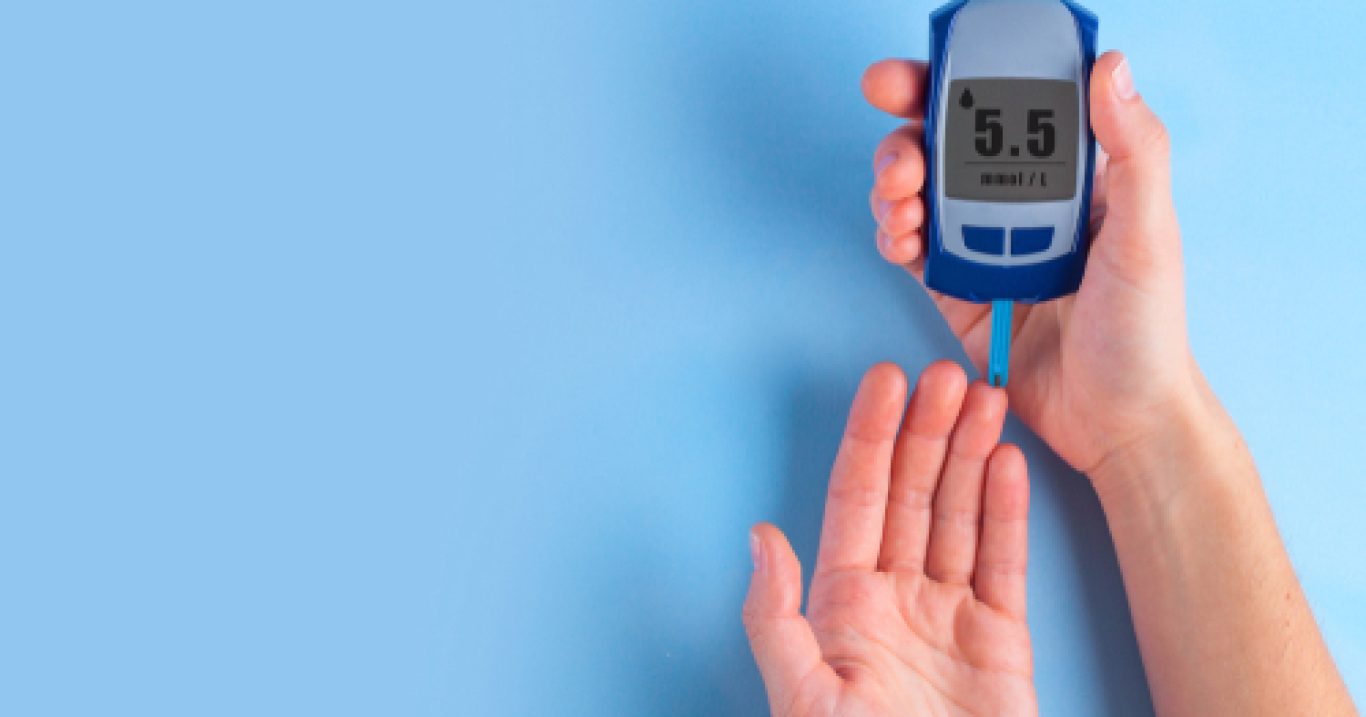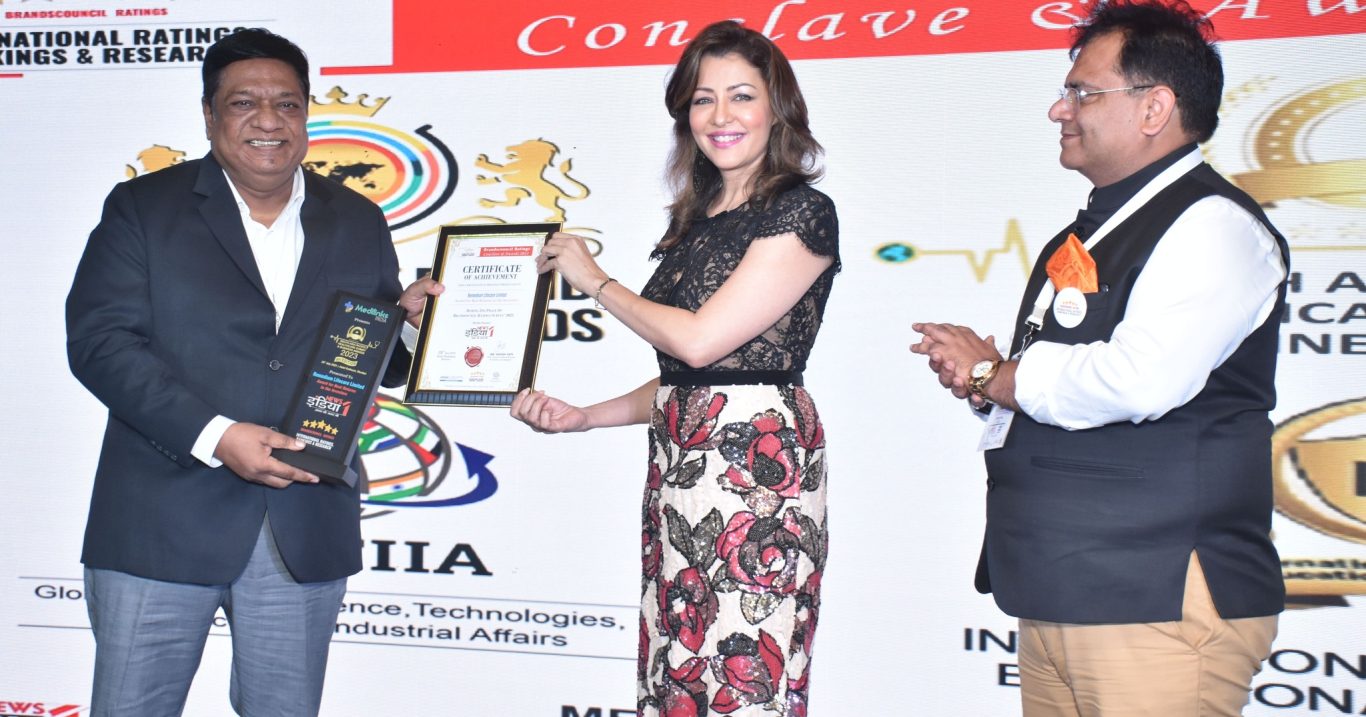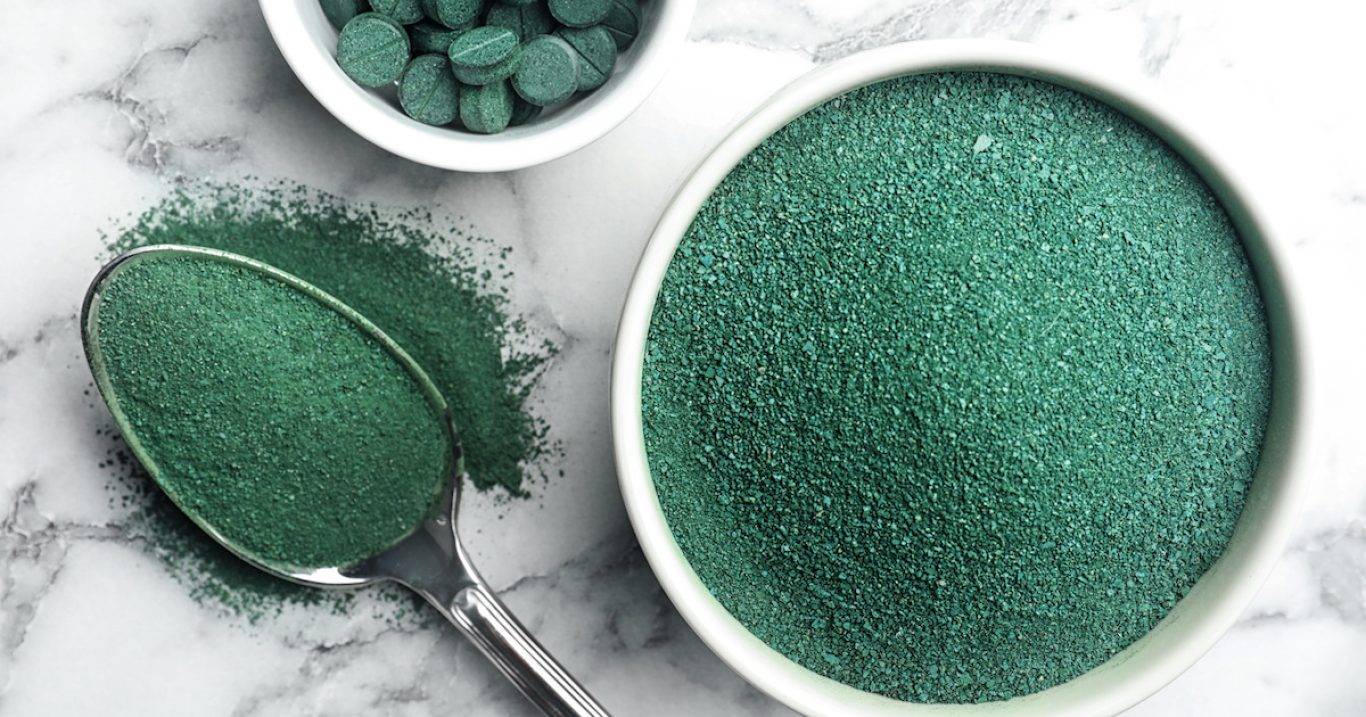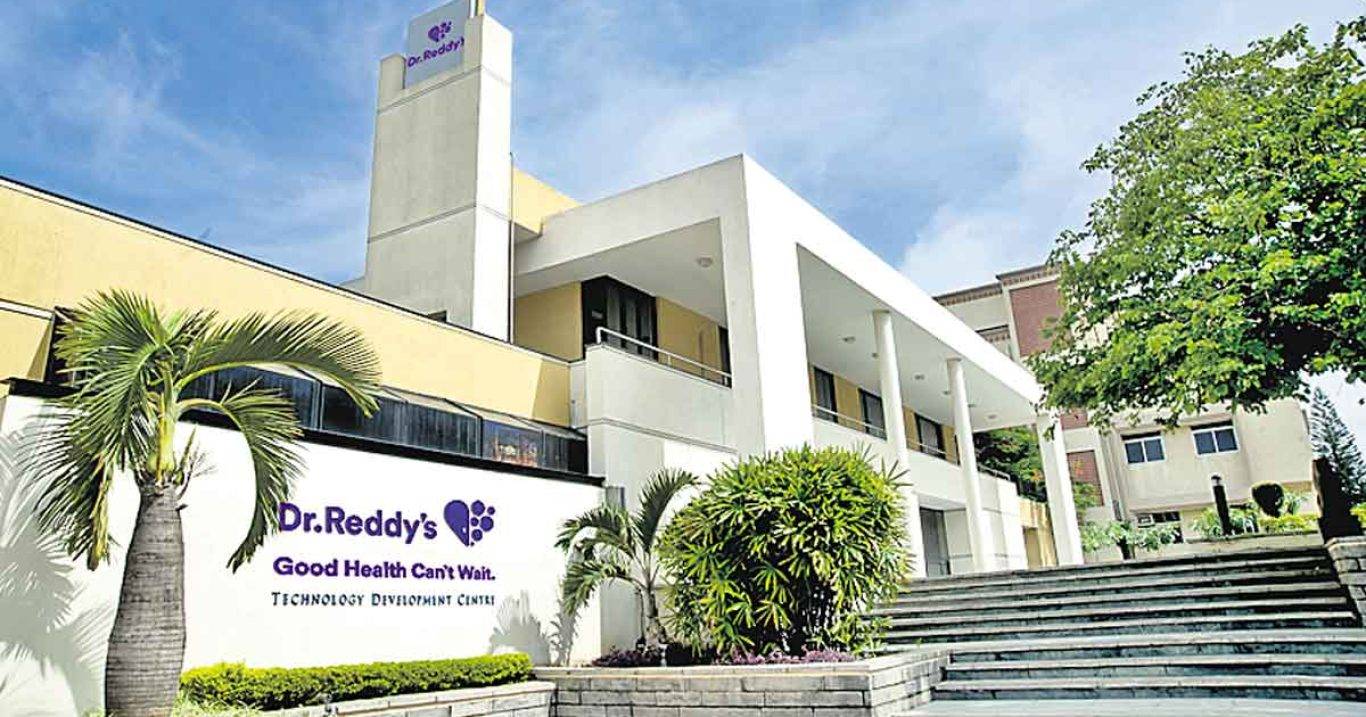Clinical Trials in India!

India’s latest draft rules on patenting drugs that say modifications of existing medicines can be patented only if they show increased therapeutic value has drawn sharp reaction from international pharma companies. In 2006, the Madras high court had ruled that the term efficacy in Section 3(d) of India’s patent law meant therapeutic efficacy, while rejecting a Novartis AG petition. The Swiss firm had claimed patent for its cancer drug Glivec, which was a modified version of a previously known anti-cancer molecule called imatinib mesylate. Novartis lost the appeal in the Supreme Court as well, after which the patent office in August issued guidelines enshrining therapeutic efficacy as a patent criterion for such claims. The guidelines do not provide guidance on scope and application of Section 3(d), as it merely reiterates existing Indian case law, according to the International Federation of Pharmaceutical Manufacturers Association (IFPMA), a global lobby of firms that relies on drugs research. “Therapeutic efficacy profiles are rarely available at the time of invention because these are determined once the clinical trials are conducted,” IFPMA said in its response to the guidelines. “Therefore, such an obligation is difficult to meet at the time of patent application.” “The fact that ‘efficacy’ is to be construed only as ‘therapeutic efficacy’ is still problematic because it incorporates further limitations into Section 3(d) that may be more difficult to establish,” Pharmaceutical Research and Manufacturers of America commented. However, Access Campaign, an initiative of non-profit Medecins Sans Frontieres that provides medical humanitarian services, has welcomed the new criterion of efficacy but objects to the way proposed to check for previous patents. Before any patent is granted, the examiner must search and establish that the claimed invention is unknown and no patents existed for this prior to 1995. To eliminate patent applications for pre-1995 molecules, the new guidelines direct the patent examiner to rely on the drug’s so-called international non-proprietary name (INN), which is the generic name of a drug given by the World Health Organization (WHO) to identify the unique nature of the drug’s ingredients as the key words for online search. “We welcome the development that revised draft guidelines on the examination of patent applications clearly recognizes that prior art searches by examiners on compounds should also be based on the INN of the medicine. However, the burden seems to be on the examiner and not on the applicant,” the global non-profit organization said in its response to the latest rules. “The burden of providing INNs to which a particular patent application relates should be shifted to those who are in the best possible position to provide this information—the patent applicants.” A worldwide online search for prior data on patent claims is important before deciding on the patentability of drugs in India as the country doesn’t allow patent grants for drugs known or patented before 1995. INNs also help in identification, safe prescription and dispensing of medicines to patients, and for exchange of information among health professionals and scientists. The comments reviewed by Mint also show conflicts on some other aspects, including generalization of certain criteria on pharma patents with those of other sectors where research priorities are different and the restrictive approach on patenting drug compounds. The patent office received feedback from around 35 stakeholders in the sector, including industry lobbies, health care and patent access groups, intellectual property law firms and drug firms across the world. The last date for submitting reactions and suggestions was 5 September. The patent office may modify its final norms after taking these suggestions before finalizing it in a month, said an official of the commerce ministry’s department of industrial policies and promotion, which frames policies for implementing intellectual property law in the country. He declined to be named.

A new order issued by the Central Drugs Standard Control Organisation makes it compulsory for these entities to prove why the research needs to be conducted in India.
Parameters set
The order has made it mandatory for them (companies/research labs) to furnish details on three new parameters while filing applications. They are: assessment of risks versus benefits to patients; details on innovation vis-à-vis existing therapeutic options; and details on unmet medical needs in the country.
In 2013. only 17 applications for global clinical trials received approval in India, against 55 in 2012. The number has been falling following controversies.
The new requirements come almost a year after the Supreme Court passed an order, in October 2013, asking the Government to assess clinical trial applications on these parameters.
The parameters have been set to protect the rights of Indian patients, said Suresh Menon, executive committee member of the Indian Society for Clinical Research, speaking to BusinessLine. “In practice, these parameters are being looked at for about a year now, but now sponsors will have to justify their applications at the onset,” he said.
While the first two requirements — on risk assessment and innovation — are factors that every trial should take into consideration, even if not required by law, the last one — furnishing details on how they will address unmet medical needs — could be a challenge.
“This could be a grey zone, which remains open to interpretation,” said Menon.
Dhananjay Bakhle, Executive Vice-President (Medical Research), Lupin, said the assessment on these parameters needs to be done by the Government itself as the companies are interested parties.
“What the Supreme Court had told the Government was that each application should be assessed for these three parameters. These were guidelines given to the Government, why are they being passed on to the industry?” he asked. The order needs to clarify whether details need to be furnished for all trials (existing as well as new chemical entities) or just for new drugs, he added.
“This will create further confusion in the industry and could disincentivise companies from conducting clinical trials in India. We need clarity,” he said.
Protecting patients
Amit Sengupta, Associate Coordinator, People’s Health Movement, said the move would protect the rights of those subjected to clinical trials. “In many trials done in India by foreign companies, the benefits to Indian patients were not very clear. This should bring that to the fore.”
However, Sengupta said clarity is needed on whether generic drugs and existing drug molecules would be exempted from these parameters as they do not fulfil “unmet medical needs” and could face hurdle
The Associated Chambers of Commerce and Industry of India (ASSOCHAM ) has expressed concern at the setback to clinical trials for new pharmaceutical drugs in the country and has called for several changes in the Drugs and Cosmetics Amendment Rules (DCAR) to meet industry concerns about these trials.
In its study on the Indian Pharmaceutical Industry (IPI), the chamber pointed out that “few clinical trials have been approved” in calendar year 2013 after the Supreme Court’s interim order on this subject. As against 55 global clinical trials in 2012, only 17 were approved last year. With India having 16% of the world population and 20% of the global disease burden, only 1.5% of the global clinical trials were being conducted in the country.
Allaying much of the myths against these trials, the Chamber stressed the need to create awareness among various groups at all levels about the need and importance of clinical trials among the Indian population groups to enable foreign drug discoveries to be applied in our conditions.
Testing drugs in the ethnic groups is of paramount importance
“Clinical trials are NOT unsafe and are NOT conducted in India only because of cost effectiveness, patient vulnerability and lack of regulatory safeguards,” ASSOCHAM pointed out. Testing drugs in the ethnic groups is of paramount importance before approving any drug of foreign origin, the study stressed.
Attacking what the study calls “the myths” created regarding clinical trials in India, the study also pointed out that “patients/subjects across the globe take an informed decision to participate in clinical research after made fully aware of the potential benefits and risks involved and clinical research is carried out in a highly regulated environment.”
About the regulatory environment in India, the Chamber’s study said that “certain outstanding concerns” of the industry remain to be addressed in the draft rules the Ministry of Health has published in this regard. These relate to criteria entitling a patient to compensation, broad definition of ‘trial related to injury’ and the strict and unreasonable reporting timelines required to be followed in case of serious adverse events. The draft Drugs and Cosmetics (Amendment) Rules 2014 published last April were addressing only some of the industry concerns and remain yet to be finalized.
Calls for “earliest streamlining” of published draft changes
ASSOCHAM study called for “streamlining at the earliest” published draft changes to the DAB along the lines of international best practices “in order to establish a regulatory mechanism which is predictable, stable and transparent.” The streamlining was needed on issues related to in cases of clinical trials, injuries or deaths, establishment of appellate authority in case of disputes on causality and compensation issues, bio-equivalence and bio-availability studies and timelines for approval process.




